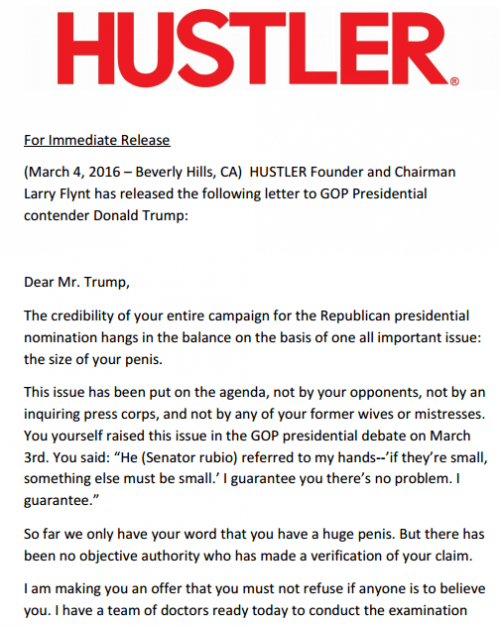Francis Collins made a triumphant declaration about his plan to “end sexual harassment”! Hooray!
Read my @nature article w/Mike Lauer & @NIH_COSWD on ending sexual harassment in all #NIH-supported environments: https://t.co/OhsB9RwUxO
— Francis S. Collins (@NIHDirector) March 4, 2016
Only…it was initially published in a closed-access journal, Nature (the article has since been opened up). And, say, Nature is a UK journal — why is the head of the NIH publishing his grand proposal to end all harassment in NIH supported institution there? It struck a lot of people as weird and tone-deaf.
And then I read the “article”. Rarely have I read something so empty outside of administrative memos from high-ranking academic bureaucrats. It’s truly impressive. The physicist will be jealous that the biologists have managed to create the most perfect vacuum known to humankind.
Here it is, sprinkled with a few annotations from yours truly.
As the leading US government funder of scientific research, we at the National Institutes of Health (NIH) are deeply concerned about sexual harassment in science (Nature 529, 255; 2016). With the help of colleagues in government, academia and the private sector, the NIH aims to identify the steps [Isn’t “aims to identify the steps” kind of an empty way to say “do something, but we don’t know what”?]necessary to end this in all NIH-supported research workplaces and scientific meetings.
In September last year, we restated our expectation that organizers of NIH-supported conferences and meetings should assure a safe environment, free of discrimination (see go.nature.com/zmukk8).
Over the next few weeks to months, we plan to work with governmental, academic and private-sector colleagues to identify potential steps [“we don’t know what”] to translating our expectations into reality. An important first step will be to gather as much data as possible [“we’re going to flounder around for a while, trying to figure out what we’re doing”] to more fully understand the nature and extent of sexual harassment among scientists. These data should guide us in determining what kinds of policy and procedure are most likely to help. [“not that we have any policy, obviously”] We will also work to determine what levers [“We’ll figure out something to kick some butt, but we don’t know what”] are already available to influential stakeholders — us as funders, as well as university administrators and departments, journal editors, and organizers and hosts of scientific meetings.[stakeholders=buzzword for everyone involved. “We don’t even know who we’re going to work on yet”]
We owe this [What do you owe?] to our colleagues and the public, who trust in our ability to make the biomedical research enterprise the best that it can be.
Yeah, that fluff was a great use of page space in a high-ranking science journal. How about sparing us the finger-flapping until you’ve actually got something to say?


